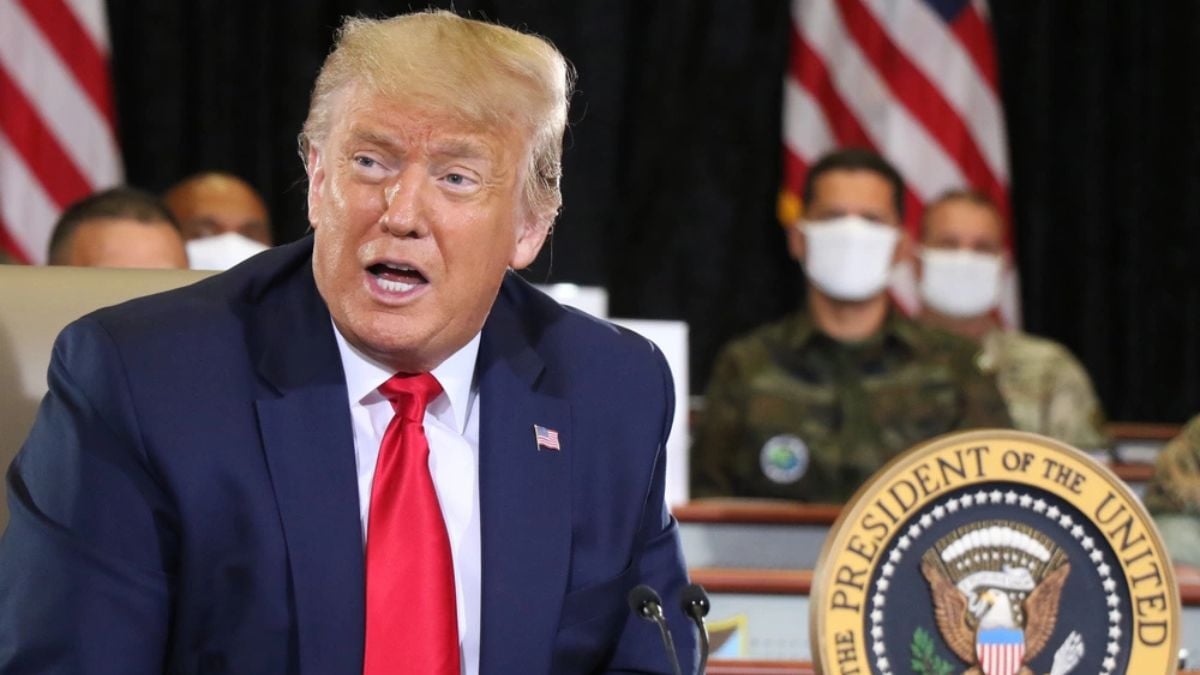
The President of the United States, Donald Trump, has once again changed the date for the imposition of tariffs on Mexico and Canada. According to his latest statement on Truth Social, the tariffs will take effect on March 4, rather than April 2, as previously announced.
The decision is linked to the fight against fentanyl, as the president insists that the “scourge” of drug trafficking must be seriously controlled to avoid these economic measures. Additionally, a 10% tariff on China will be imposed on the same date.
Another date change! Why did Trump change the tariff date?
Since the beginning of his administration, Trump has used tariffs as a pressure tool to influence the policies of his main trading partners. Initially, the date was March 4, then he announced April 2 as the designated day for these duties to take effect. However, Trump once again changed it back to March 4 due to the entry of fentanyl into the United States from Mexico and Canada.
Trump has insisted that “we cannot allow this scourge to keep harming the United States,” and that until this crisis is controlled, tariffs will be implemented without exceptions.
What are the consequences for Mexico and Canada?
The proposed tariffs could have a significant impact on the economies of Mexico and Canada. Both countries are the United States’ main trading partners, and the imposition of new import taxes could affect key sectors such as the automotive industry, manufacturing, and agricultural exports.
Furthermore, the uncertainty caused by the constant changes in the tariff implementation date has led to instability in financial markets. In particular, the Mexican peso and the Canadian dollar have recorded declines due to the possibility of greater trade restrictions with their northern neighbor.
READ ALSO. Donald Trump imposes new reciprocal tariffs: which countries are affected?
What impact will it have on international markets?
Trump’s announcement has already had effects on international markets. The Bloomberg Dollar Index reached a new high, while the Mexican peso, the Canadian dollar, and the offshore yuan declined. Meanwhile, S&P 500 futures trimmed their gains, and oil surged to the highest levels of the session.
Consumers have also expressed concerns about a possible increase in inflation, especially for products that rely on Mexican and Canadian inputs. The automotive sector, which has a strong interdependence with Mexico and Canada, could be one of the most affected.
Could the tariffs be canceled?
Despite Trump’s announcement, U.S. Secretary of Commerce Howard Lutnick left open the possibility of another postponement. According to his statements, if Mexico and Canada can demonstrate significant progress in combating fentanyl trafficking and strengthening border security, the tariffs could be reconsidered. However, Trump has insisted that “I am not going to stop the tariffs” and that “you are going to see something amazing.”










